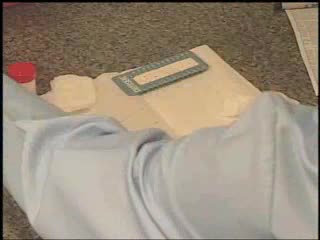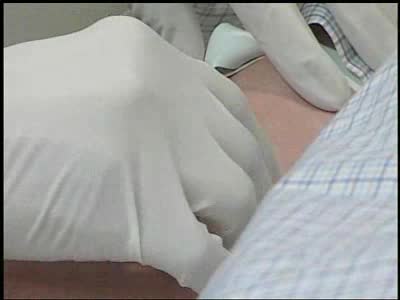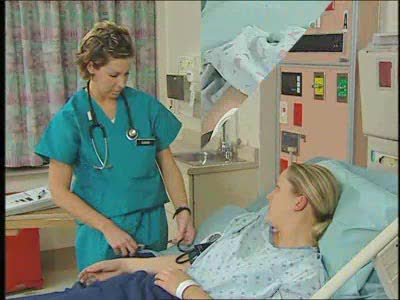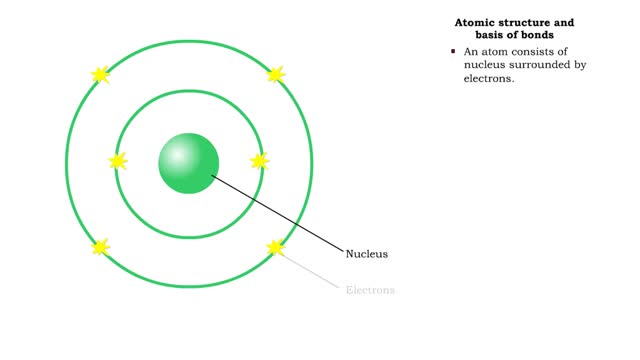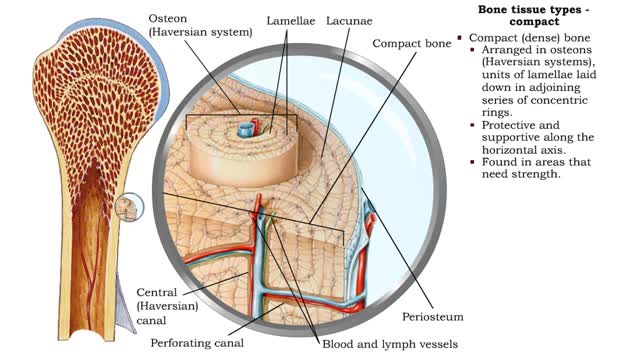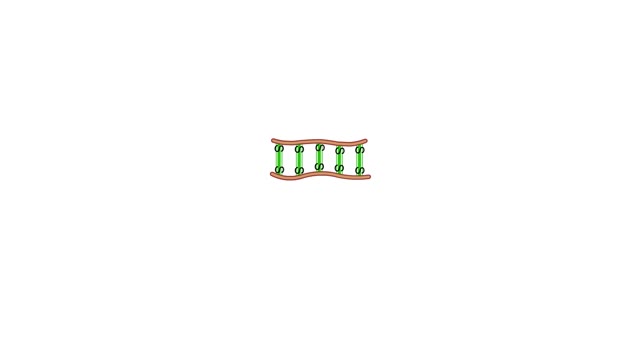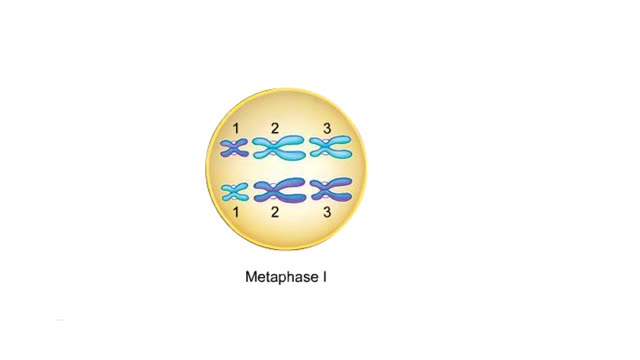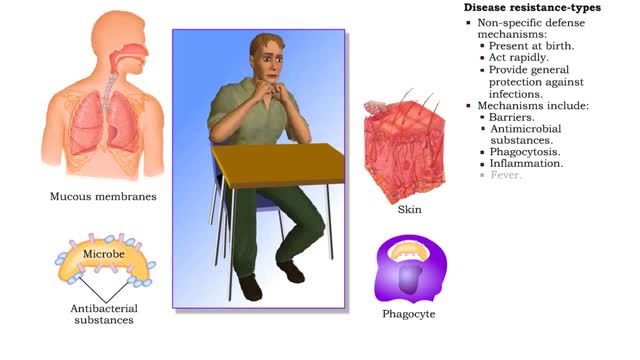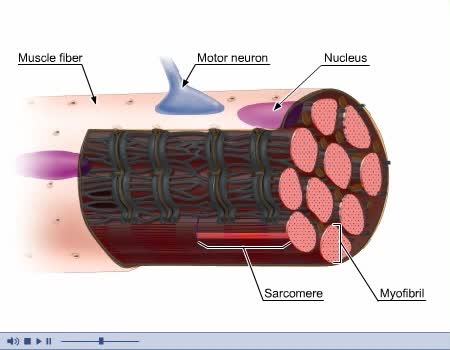Search Results
Results for: 'Types of Patient Positions'
By: Administrator, Views: 13903
How blood tests are performed by a professional nurse.
By: Administrator, Views: 14150
How blood is taken from a patient. Phlebotomy is the process of making an incision in a vein with a needle. The procedure itself is known as a venipuncture.
By: Administrator, Views: 14079
How nurses check a patient's blood pressure. Blood Pressure The pressure exerted by the blood on the walls of the arteries. Higher (systolic) number: the pressure while the heart contracts. Lower (diastolic) number: the pressure when the heart relaxes between beats. Measured by a sphygmoma...
Bond types - Atomic structure and basis of bonds
By: HWC, Views: 11427
• Chemical bonds are fundamental to the structure and function of many types of molecules, such as proteins, carbohydrates, lipids, nucleic acids, gases, salts and water. ■ These molecules are composed of atoms that are held together by three different types of bonds. • The three types ...
Bone tissue types - compact and spongy
By: HWC, Views: 11015
Bone tissue types • There are two types of bone tissue: compact and spongy. • All the bones of the skeleton have both kinds of bone tissue. • Compact (dense) bone • Arranged in osteons (Haversian systems), units of lamellae laid down in adjoining series of concentric rings. • P...
Anatomy and Chemical Makeup of a Single Hair (Animation)
By: HWC, Views: 9407
The hair's outer cuticle surrounds hair cells filled with tough keratin macrofibrils. Each macrofibril consists of smaller microfibrils. A microfibril is made up of three keratin polypeptide chains. The chains are linked together by disulfide bonds. A hair consists of keratin chains held...
By: HWC, Views: 9230
This is a cell during metaphase I. For each pair of chromosomes, any gamete produced by this cell could contain either the maternal chromosome or the paternal chromosome. How many different combinations of maternal and paternal chromosomes are possible in the gametes produced by a cell with th...
Types of disease resistance: innate defenses & immunity
By: HWC, Views: 11336
Our immune system protects us and helps fight off disease. Microorganisms, small microscopic organisms, and viruses are everywhere. Ever thought about how many are on that door you just opened? Many microbes and viruses can cause disease and are termed pathogens. Plants and animals have what i...
By: Administrator, Views: 13895
Three basic types of muscles: - Skeletal - Smooth - Cardiac Composed of striated or smooth muscle tissue and classified according to their functions and appearance. Skeletal Muscle: - Also known as voluntary or striated muscle. - Controlled by the conscious part of the brain and attach...
Advertisement



